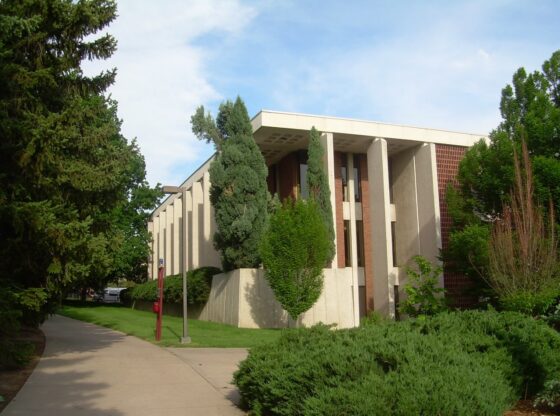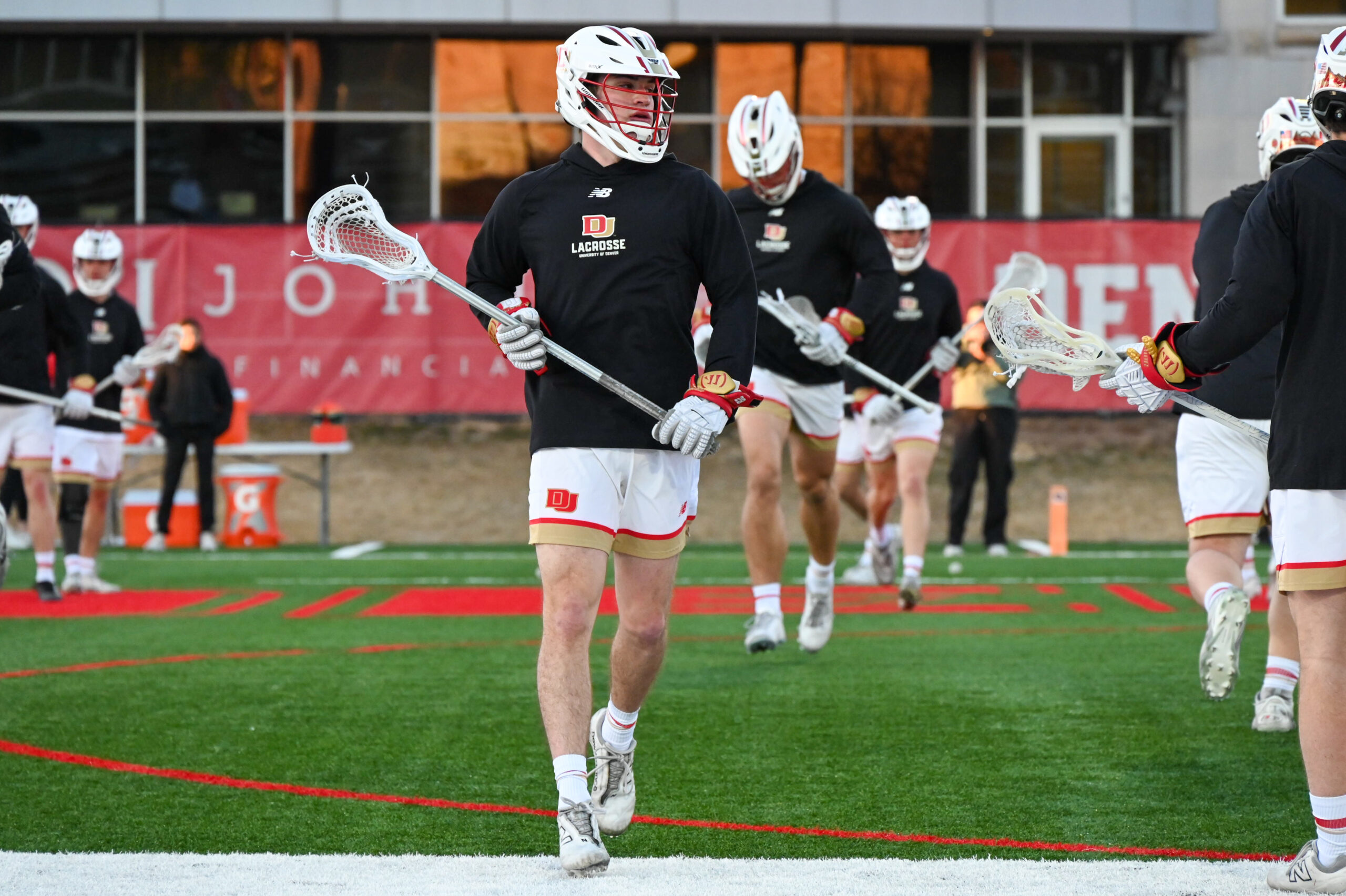For the past year Daniels College of Business marketing professor Dr. Carol Johnson has been in Latvia, working on a Fulbright Scholar assignment by teaching business students strategic marketing.
Johnson experienced the Latvian culture, business and educational system, and has returned to the University of Denver to tell others about it.
Her journey began as she quickly adjusted and learned about the Latvian education system.
“They were amazing. The students were all able to speak English because the business schools use English as their primary language.
“Many of the students worked full time and went to school full time. I restructured things when necessary and I learned to be flexible because I knew the students were doing the best they could,” Johnson said.
According to Johnson, during her assignment she was able to watch the continued evolution of a former Soviet-controlled country into a market-driven democracy.
Although significant progress has been made in the 11 years since Russian troops left Latvia, many opportunities for improvement still exist.
Commerce between countries is still painfully slow because the border checks are still conducted manually. As a result, it is impossible for manufacturers to ensure product delivery dates.
A driving trip that Johnson made with her husband helped illustrate the problem. During the trip, the two sometimes saw trucks lined up for miles at border crossings.
“Sometimes trucks have to wait as long as three weeks at a border before crossing. “I think imported goods are so expensive in Latvia because of transportation system difficulties, which include the length of wait-times at borders to the condition of the existing infrastructure.”
During her stay in Latvia, Johnson toured several factories. She used those trips to study packaging methods and research the level of marketing/logistics continuity.
“I learned that very few warehouses are automated, and manufacturing processes are similar to those we used in the United States in the 1950s. Today, most American warehouses are automated, and the majority of our processes are computer-driven. Latvia just isn’t there yet.
“Nevertheless, Latvians are trying very hard to learn our systems, and they’re making great headway. Things are changing very quickly,” Johnson said.
Although the Latvian assignment offered Johnson a new perspective on marketing and logistics, the trip proved to be a life-altering experience for other reasons as well, she said.
For example, Johnson was in Latvia during the Sept. 11 terrorist attacks. As a result, she was exposed to a non-American perspective of the event.
The Latvian teaching assignment also helped Johnson make hard decisions about personal priorities. One of her goals for the trip was to take time to decide what was most important in her life.
“Before I left, I would try to be as helpful to everyone as I could. I took on too many things, and I started losing effectiveness. Life in Latvia was pretty much free of distractions, and I had time to reflect. When I came back to the United States, I was actually a little bit overwhelmed.
“What I learned, though, is that my top priorities are my family and my teaching. That’s what I want to concentrate on. That’s where my focus lies,” Johnson said.












